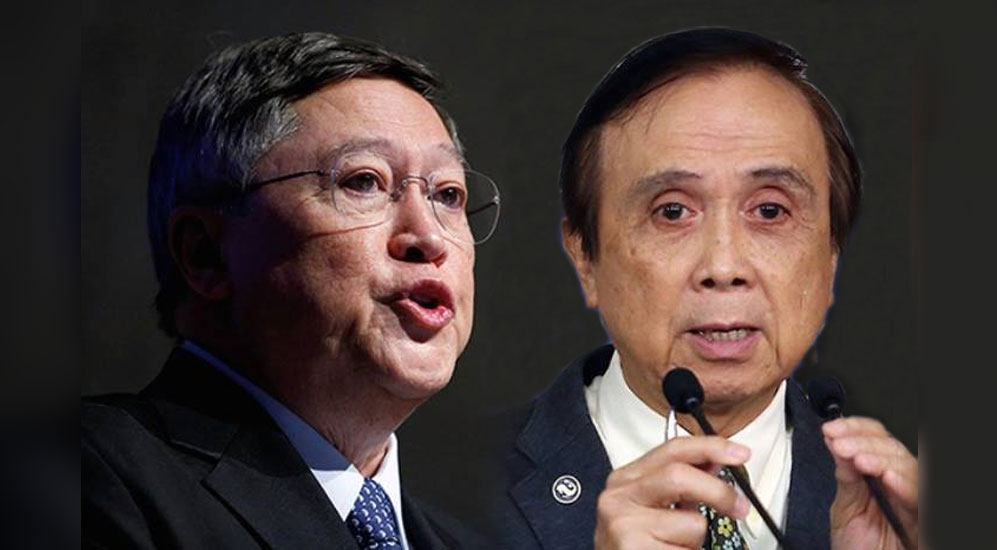President Rodrigo Duterte’s two economic managers gave their caveat against the railroading of shift to a federal for of government as this could have negative impact to our country’s public finances.
We all know that Duterte is gung-ho in overhauling the 1987 Constitution and shift to a federal system of government because he believe that the widening wealth gap and empower regional governments in our country is so palpable.
Just last month, Duterte approved the draft federal constitution crafted by a consultative committee or Con-Com.
The charter reviewers Duterte appointed, proposed that federated regions be given a share of not less than 50 percent of all national taxes.
However, Socioeconomic Planning Secretary Ernesto Pernia pointed out that while federalism could unlock economic benefits, it could also spell disaster for some regions not prepared for such a transition and “wreak havoc” on the country’s balance sheet.Pernia made it clear that his remarks were his “personal opinion” at a Senate hearing,
“Just to set the record straight, I do not object. I was just pointing out that the rush is not good. It’s not good to rush into this,” Pernia said.
Meanwhile. Finance Secretary Carlos Dominguez III told to the senators that while the Duterte administration’s economic team has no official position yet regarding federalism, he agrees with Pernia on the potential fiscal risks of the proposed change in form of government.
He explained,“If we don’t manage this correctly, this can end up to be a fiscal nightmare. So I think the legislature, in its wisdom, can sort those issues out. I’m glad that it is being tackled now because the original draft, for me, from a fiscal point of view leaves much to be desired.”
Dominguez recalled his recent meeting with members of Con-Com where he pointed out his concerns on the draft federal charter from a fiscal point-of-view.
“Number one, during a meeting with some members of the commission, I asked them, ‘who is going to pay for the national debt? Who is going to pay for the military? Who is going to pay for the [Department of Foreign Affairs] and the central bank? I mean if it needs additional capital, who is going to put it up?’ And their response was, ‘the sharing with the local governments or the states will be after those expenses,’” he said.
“But I said: ‘You know, when I read the draft, it doesn’t say so there. It just says 50 percent.’ So I said: ‘You know, that’s what you say but how come it’s not in the draft?’” he added.
Moody’s Investors Service cautioned that federalism could present downside risks to the country’s institutional and fiscal profile.“The shift to federalism would also likely incur an expansion in the aggregate size of the government and, hence, public expenditure,” Moody’s said.
“At the same time, there may be a gap between the national and local levels of government with respect to their ability to manage fiscal resources, posing a risk to the improved fiscal discipline that has characterized national government finances over the past decade,” it added.
President Duterte keeps on expressing his ardent desire to make “Federalism” happens during or before his term ends. But with this caveat, many observers are wondering what would be Duterte’s take on this? What are his alternative measures to address the concerns in the implementation of the Federalism and the financial impact it would have to the country.














